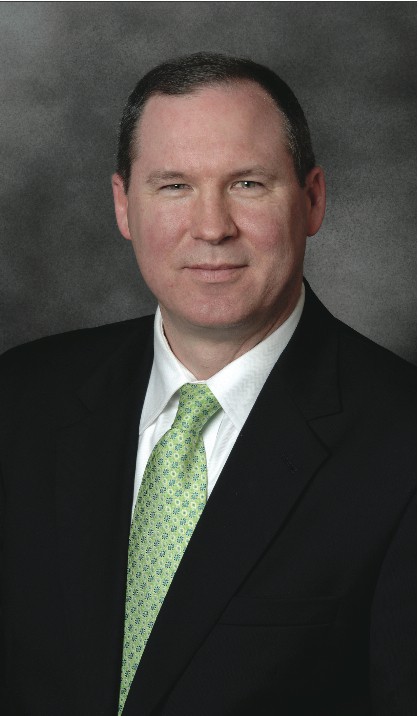Managing Director • Global Head of Risk Management • J.P. Morgan Worldwide Securities Services • New York •
 For someone as involved in risk management as J.P. Morgan’s Ed Neeck, the events of the last year and a half have been perhaps both challenging and educational.
For someone as involved in risk management as J.P. Morgan’s Ed Neeck, the events of the last year and a half have been perhaps both challenging and educational.
While J.P. Morgan seems to have weathered the storm better than others, it is not immune to the upheavals in the market. Even though he has held a variety of senior product, operational and risk management roles, Neeck has found himself mostly gravitating toward risk management since he joined J.P. Morgan in 1984. Today, as global head of risk management, he oversees all of J.P. Morgan Worldwide Securities Services’ risk management initiatives, including securities lending, clearing, collateral management, alternative investment services and global custody.
He previously served as head of network management, overseeing J.P. Morgan’s cash correspondent and sub-custodian relationships. Neeck also currently serves as the chairman of the Association of Global Custodians. In network management, Neeck says many changes are ahead. After last year’s catastrophic upheavals, going forward it might be harder to find providers who are willing to live up to new, tougher global standards.
The potential for new regulation impacting custodians is also a factor in the aftermath of both the Lehman and Madoff events. As a result, the way network managers buy services from sub-custodians could also very well change, he says.
Neeck sees especially a move by global custodians and others in securities services to begin using backup sub-custodians in the same market. “I think that’s something that’s been a factor in the past, Y2K especially,” he says. “If not having a second sub-custodian in the market, at least having a contingency arrangement with a second sub-custodian in the event that assets have to be moved to another sub-custodian quickly.”
“I think that the competitive nature and the pricing of services [for custodians] will also undoubtedly change based on the impact of market events on the industry-meaning that well-capitalized, financially secure institutions could potentially have an advantage over others when marketing their services,” says Neeck.